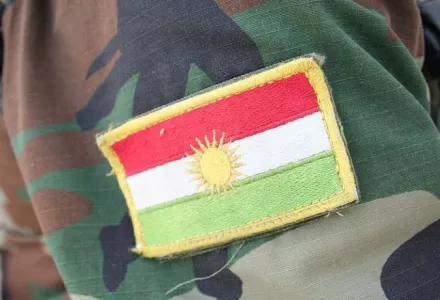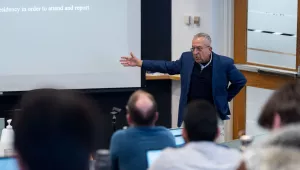Speaker: Morgan L. Kaplan, Research Fellow, International Security Program
From Benjamin Franklin's mission to Paris in 1776, to Yasser Arafat's speech at the United Nations in 1974, to Syrian opposition lobbying today, acts of insurgent diplomacy have defined some of the most memorable events in international politics. International diplomacy is a ubiquitous feature of insurgent politics because it is intrinsically linked to how groups pursue third-party political and military support. This seminar examines the varying strategies of insurgent diplomacy, and more specifically, asks when and why rebel groups focus their diplomatic attention on certain outside actors over others.
The speaker argues that variation in the diplomatic strategies of rebel groups is driven by intra-insurgent dynamics within the conflict zone. More specifically, rebel groups' targets of diplomacy are a function of the degree of fragmentation within the broader insurgent movement. When an insurgent movement is deeply fragmented, diplomacy is likely to target the central government’s foreign adversaries. However, when a movement is united, and focused more intently on undermining the central government, groups will seek support from the state's own international allies. To demonstrate these dynamics, this seminar looks at shifts in Iraqi Kurdish diplomacy from 1958 to 1990. The analysis makes use of original interviews with current and former Kurdish diplomatic officials in Iraqi Kurdistan, Europe, and the United States, as well as primary-source documents from the Foreign Relations of the United States (FRUS) series and the private archive of a former Kurdish leader and diplomat.
Please join us! Coffee and tea provided. Everyone is welcome, but admittance will be on a first come–first served basis.




